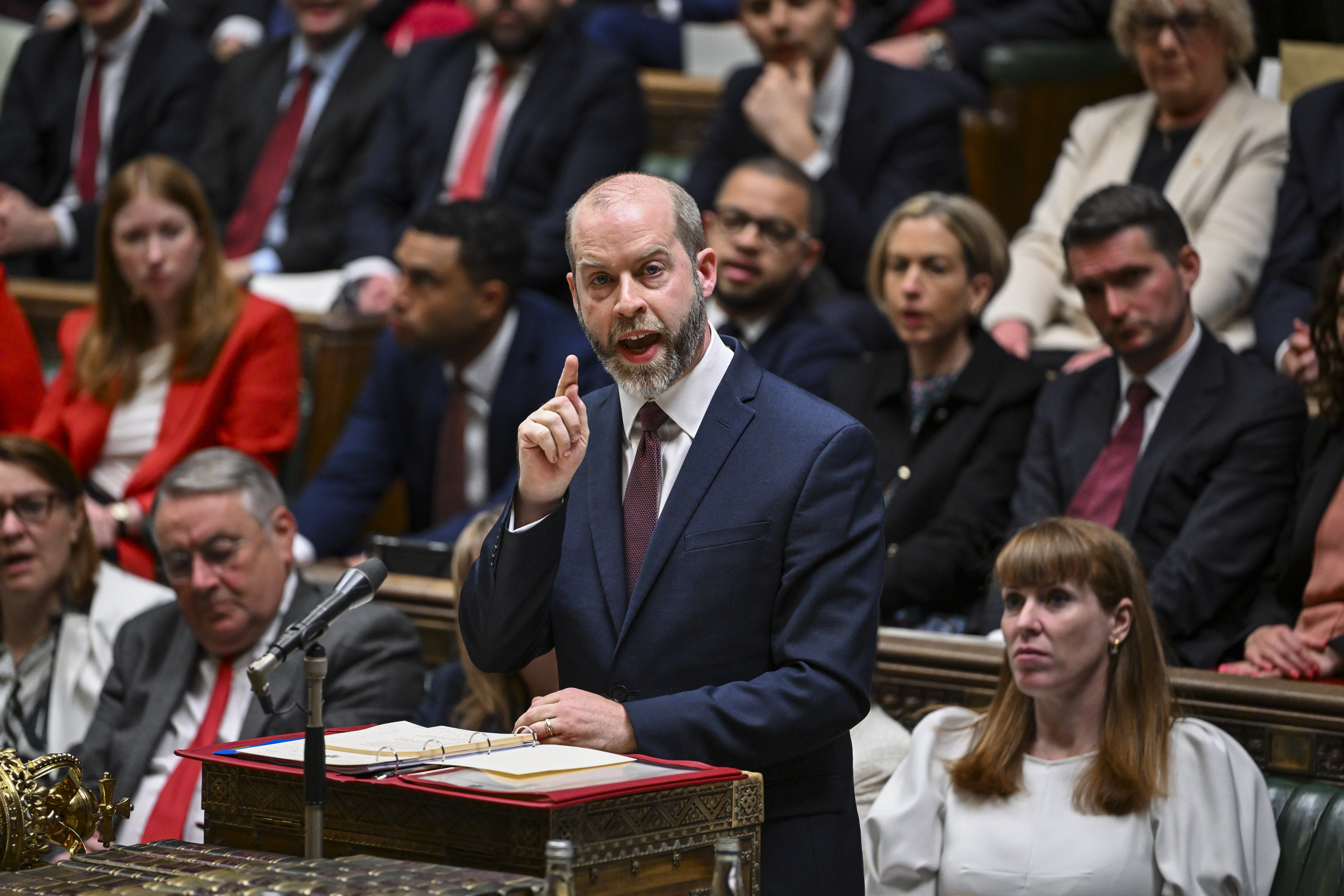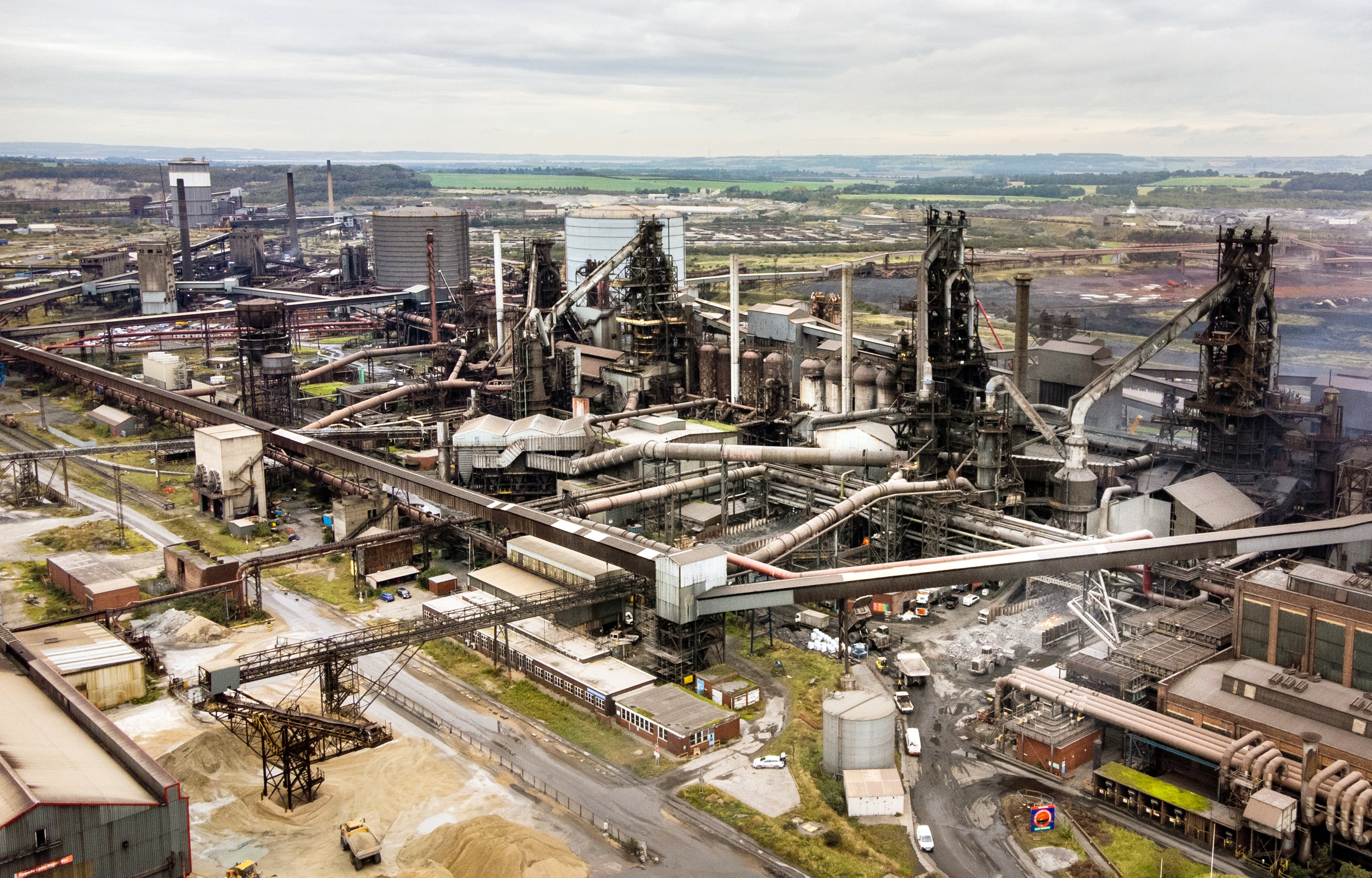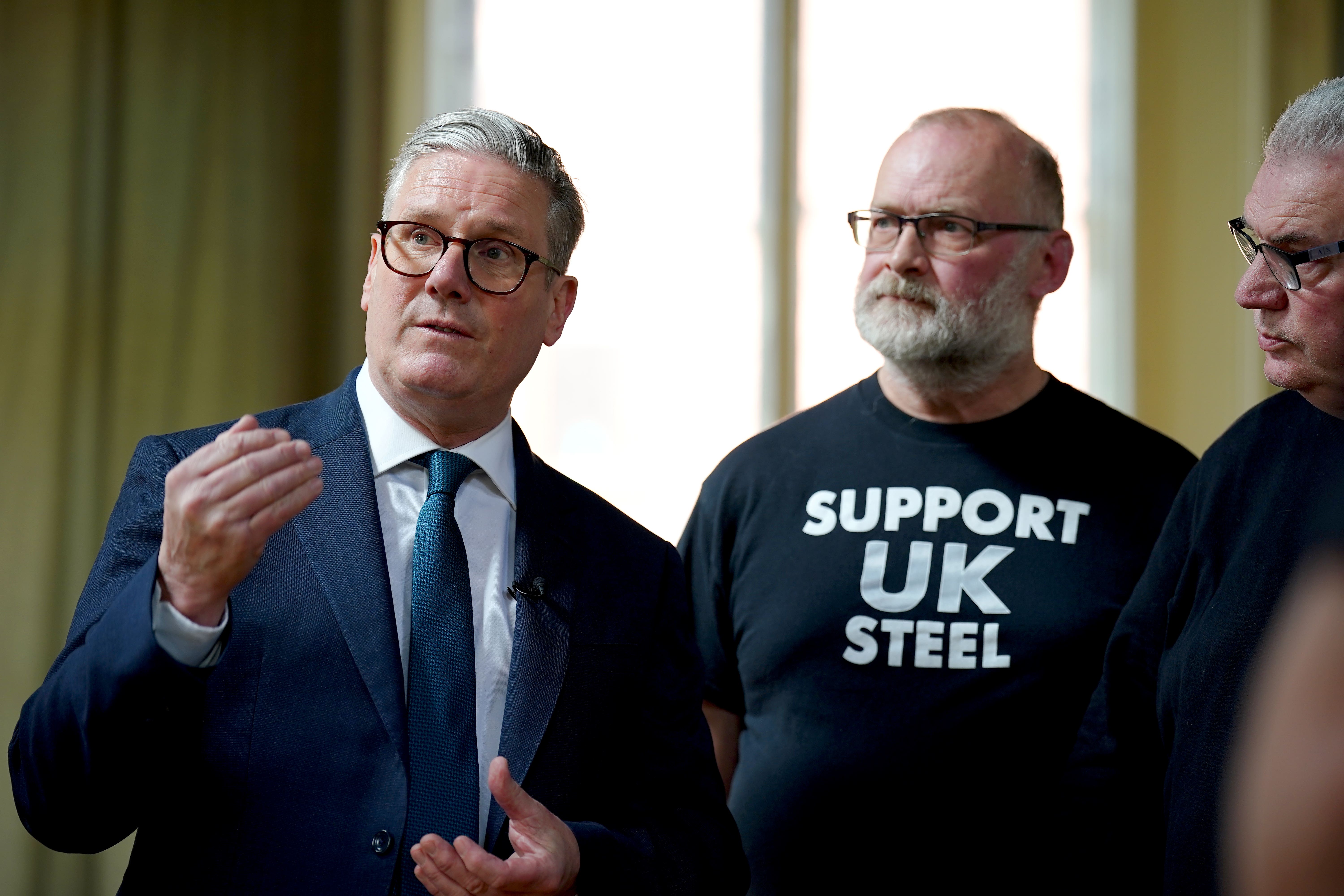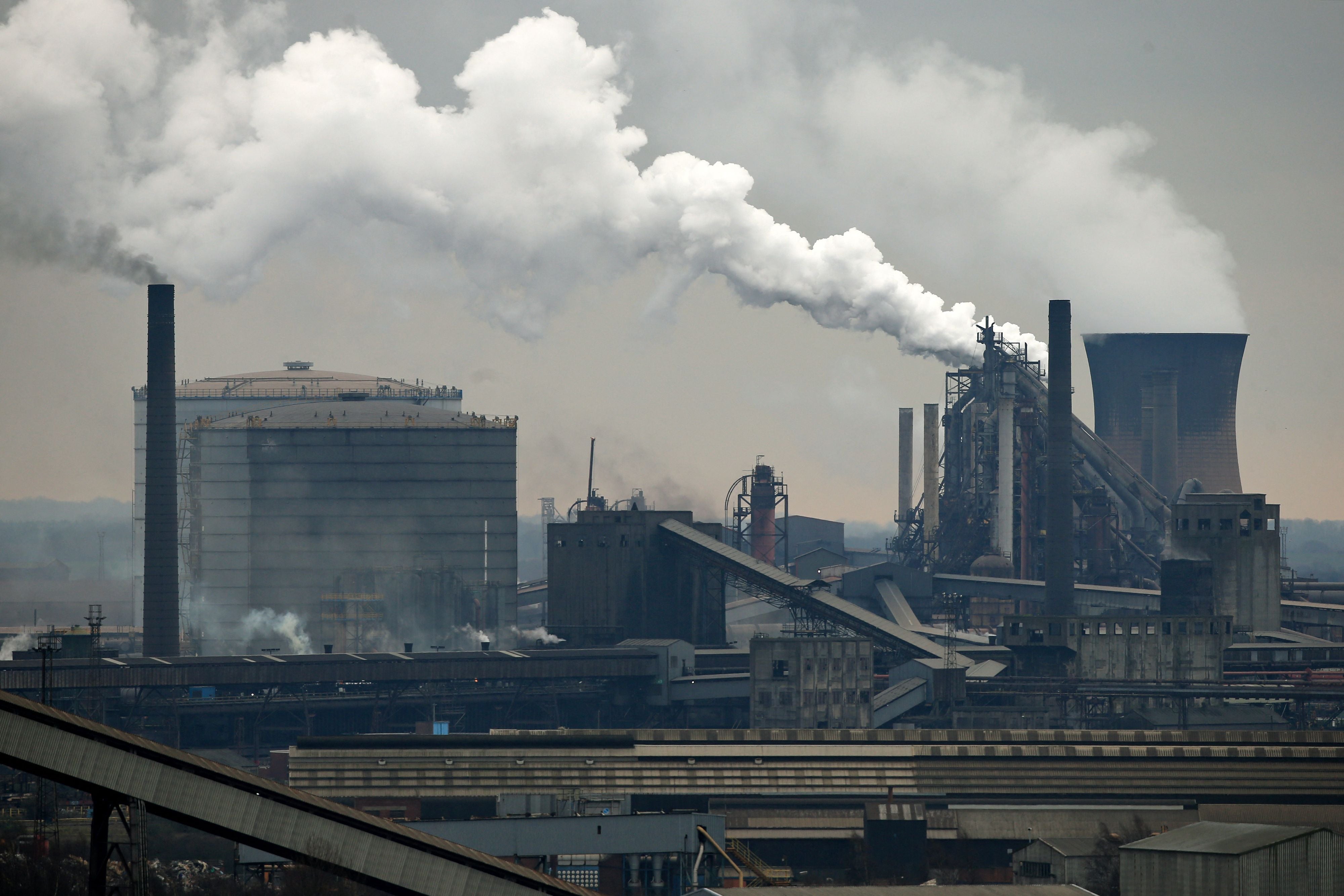The UK government has moved to take control of British Steel following fears that the blast furnaces at its Chinese-owned site in Scunthorpe could be at risk of shutting down.
Parliament approved the plans to seize control of the site after Sir Keir Starmer called for the Commons to hold its first Saturday sitting since the Falklands War in 1982.
As the emergency measures were passed, dramatic reports emerged of workers at the plant preventing executives from the Chinese firm Jingye from accessing the site, amid fears of “sabotage” and “industrial vandalism” at the last remaining plant in the UK capable of producing virgin steel.

Despite the new measures, business secretary Jonathan Reynolds refused to be drawn on Sunday over whether he was certain the UK could source the coal and other raw materials needed to ensure the furnaces could continue running.
What is British Steel?
Following the sale of Tata Steel’s loss-making long products division in 2016 to private investment firm Greybull Capital, at a price of £1, the business was renamed British Steel.
However, the company then fell into insolvency in 2019, after which it was acquired by the Chinese firm Jingye for £70m.
But last month, Jingye warned of losses of around £700,000 per day and said “the blast furnaces and steelmaking operations are no longer financially sustainable due to highly challenging market conditions, the imposition of tariffs, and higher environmental costs relating to the production of high-carbon steel”.

A redundancy consultation was launched to close the furnaces, potentially putting at risk more than half of the company’s 3,500-strong workforce and prompting the government to seek to reach an agreement on keeping the site operational.
Why did ministers decide to take control of the plant?
As negotiations stalled, the government called an extraordinary sitting of parliament on Saturday to enable it to take control of the site. Were the blast furnaces to close, the UK would become the only member of the G7 unable to produce its own virgin steel, which is used in major infrastructure projects.
Mr Reynolds, the business secretary, told parliament that Jingye had rejected a “substantial” offer under which ministers would have bought the raw materials needed to keep the plant open, ensuring “no losses whatsoever” for the parent company.
Instead, Jingye had demanded “an excessive amount” of support, which involved the government paying “hundreds of millions of pounds” with no conditions to stop the money being transferred to China, and no agreement to keep the blast furnaces “in good working order”.
Mr Reynolds said that it had become clear that the company’s intention was to refuse to purchase enough raw material to keep the blast furnaces running and “and refuse to pay for existing orders”.
He said the government had decided to take emergency action when it learned that Jingye had not only stopped ordering more raw materials, but begun selling off the supplies it already had.
“The company would therefore have irrevocably and unilaterally closed down primary steel making at British Steel,” Mr Reynolds said.

What action has the government taken?
The new emergency legislation allows the government to order raw materials to keep the furnaces running, and to direct the company’s workforce and board.
It also ensures that any employees who are sacked by Jingye for taking steps to keep the site running against their orders can be reinstated, the government said.
Ministers have insisted that they are hopeful they can find a private company to invest in the business, given the cost of modernising the Scunthorpe plant could run into the billions.
But there are currently no private investors willing to take the company on, and Mr Reynolds has acknowledged that full nationalisation – which has been called for by MPs of all stripes, including Nigel Farage – was “the likely option”.
What could the intervention cost taxpayers?
Mr Reynolds told Sky News the government expects to lose money running British Steel, with the last set of accounts showing annual losses of £233m.
Mr Reynolds said he believed that figure “can be improved upon”, and said the public should compare the cost to “the option of spending a lot more money to reach a deal that would have seen a lot of job losses and Jingye remain as a partner”.

He added: “Or the cost of the complete collapse of British Steel, easily over £1bn in terms of the need to respond from government, to remediate the land, to look after the workforce.”
The government expects the cost of running British Steel to be met from a £2.5bn steel fund it announced at last year’s Budget, meaning it will not have to borrow more money.
What has the reaction been to the move?
While most MPs have welcomed the move to protect the vital plant, the government has faced calls to go further to nationalise British Steel – and was accused failing to act quickly enough to protect the Scunthorpe plant.
Tory frontbencher Alex Burghart accused ministers of making “a total pig’s breakfast of this whole arrangement”, while the party’s leader Kemi Badenoch claimed Labour had “botched” a deal with British Steel she had negotiated while business secretary.
Despite being unable to provide details of the deal, Ms Badenoch said negotiations were still ongoing when Rishi Sunak called last year’s general election, and insisted it “would have succeeded better” than Labour’s plans.
Additional reporting by PA
Business secretary would not bring Chinese firms into UK steel sector
Scotland must be resilient in the face of global shocks, says Swinney
Ministers accuse British Steel’s owners of trying to shut down blast furnaces
Police launch probe after transport minister uses phone while driving vintage bus
Trump makes major China tariffs concession as US-UK trade deal ‘days away’: Live
Post-Brexit youth mobility scheme with EU on the table under a different name







